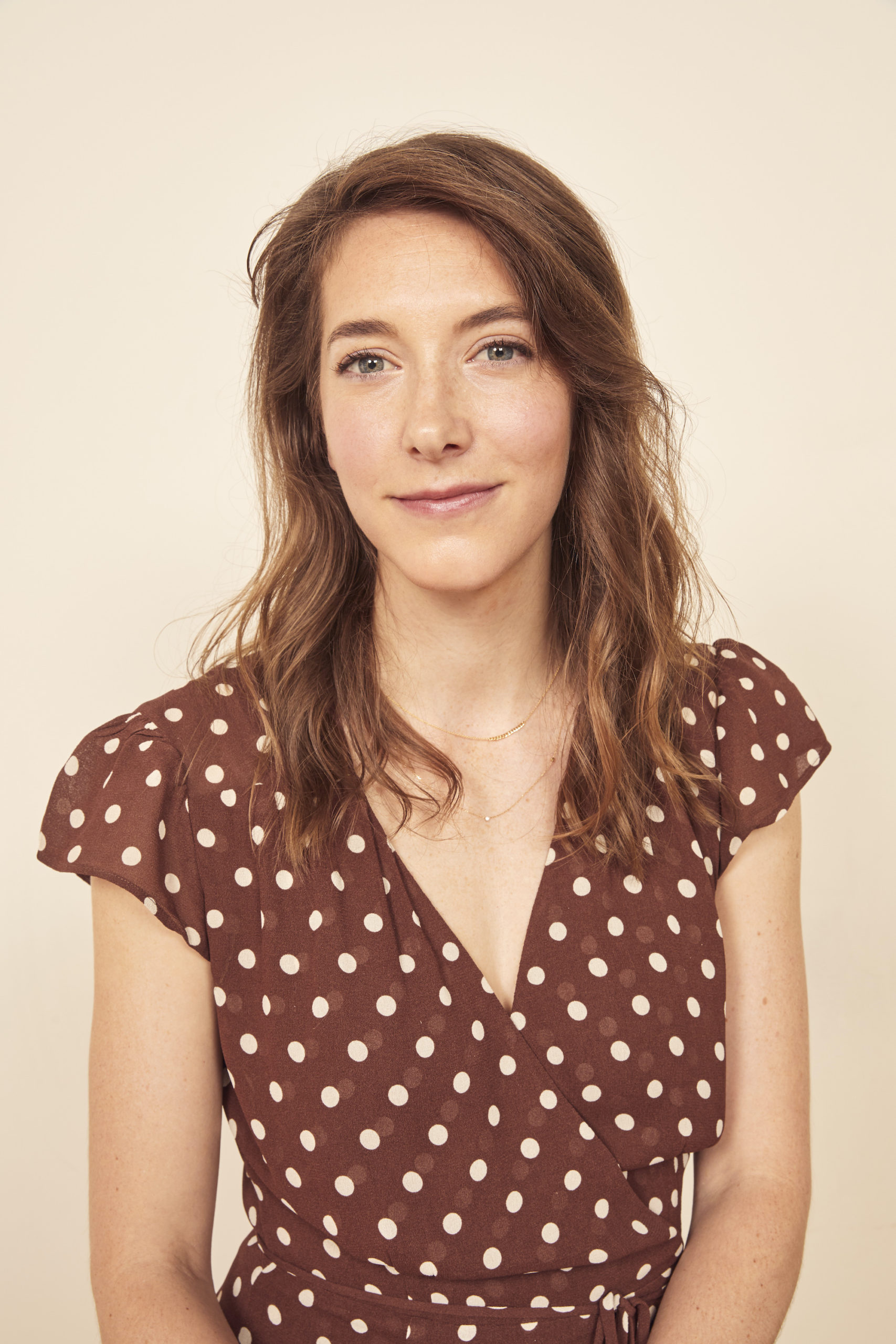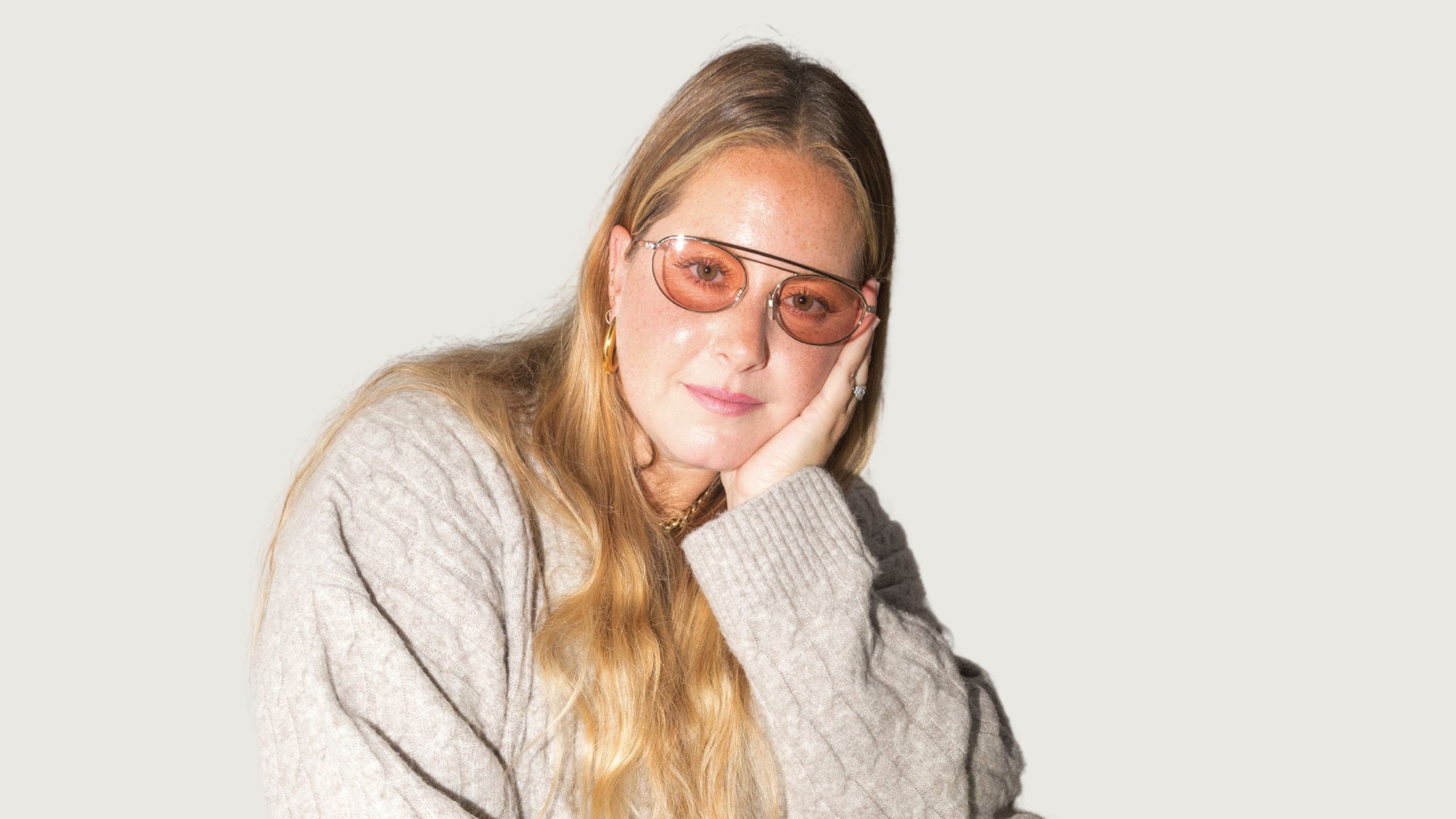[vc_row][vc_column][vc_column_text]
Since day one, LA-based fashion brand, Reformation, has been committed to minimizing their ecological footprint. Now a global retailer, they’ve proven that scaling the model is possible — and better for everyone.
Founded 10 years ago by Yael Aflalo, Reformation — which opened its first international store in Toronto in 2019 and counts the Duchess of Sussex, Taylor Swift, and Bella Hadid amongst its fans — has always put sustainability at the core of its mission. An industry leader when it comes to eco-friendly initiatives, the apparel brand has been 100 percent carbon-, water-, and waste-neutral since 2015. Reformation also repurposes vintage clothing, uses dead-stock and eco-friendly fabrics, and avoids textiles with large carbon footprints, such as polyester and cotton.
Kathleen Talbot, the company’s VP of Operations and Sustainability, has been the force behind Reformation’s industry-leading sustainability efforts since 2014, tasked with improving and reducing the environmental impact of everything from factory operations and logistics to material-sourcing and supply-chain compliance. With Talbot’s guidance, just in the last two years, Reformation has launched a circularity program to reuse or recycle apparel, released traceability and transparency reports on suppliers and subcontractors, embraced living-wage and better-materials commitments, and introduced climate-action initiatives.
Here, Talbot shares her thoughts on how sustainability and fashion can co-exist, and how brands can meaningfully reduce their environmental impact. [/vc_column_text][vc_media_grid element_width=”6″ grid_id=”vc_gid:1578435344922-53073164-d953-7″ include=”15752,15753,15754,15755″][/vc_column][/vc_row][vc_row][vc_column][vc_column_text]Embrace sustainability as a core value
“I’m really proud of the fact that we were founded with sustainability as one of our core values. We wanted to calculate our footprint and offset it so that we were contributing to good in the space, and our product has been carbon-neutral since 2015.”
Take a holistic approach
“At Ref, we look at the full life-cycle of our stuff. We care about the materials of course, we care how it was manufactured, and what the conditions are for the people that are behind your clothes. We think about the packaging, we think about the shipping offsets. We’re thinking about both the environmental impact as well as the social responsibility behind our products.”
Welcome innovation
“We’re really focused on how we can continue to develop the lowest impact fabrics, really use the technologies that are becoming commercially viable as the sustainable fashion movement grows … we want to be involved in following [textile innovations], testing that stuff as it becomes commercially available, being early adopters of new fibers and fabrics. And I think it’ll take brands like Reformation, and obviously some of the bigger players, to truly adopt that stuff, to make sure that it can go to scale, that it can transform industry instead of being these niche developments.”[/vc_column_text][/vc_column][/vc_row][vc_row][vc_column width=”1/2″][vc_single_image image=”15756″ img_size=”full”][/vc_column][vc_column width=”1/2″][vc_column_text]Scale your initiatives
“Yael Aflalo, our CEO and founder, started on day one with a mission to make sustainable fashion and show that sustainability and fashion can co-exist. I think she did an incredible job of building the foundation of a business model that supports that. As the business has scaled, we’ve been able to translate that same ethos and the same sustainability commitments and grow the program alongside the brand, which is so interesting. I think how you operationalize sustainability was different for us when we were 100 percent vertically-integrated and just using deadstock, vintage material. But one of the things that I am most proud of — but also think is critical to show as a proof of concept — is that you can scale this, and you can continue to set the standard for better materials, better manufacturing, and customer engagement [while going from being] a smaller, niche brand in Los Angeles to now a global retailer.”[/vc_column_text][/vc_column][/vc_row][vc_row][vc_column][vc_column_text]Magnify your impact
“This year, we thought about how we could use our brand platform and our role really as an educator to inspire our customers and our followers to take climate action. In January 2019, we launched the ‘Carbon is Cancelled’ campaign and we’ve been encouraging our customers to sign up for renewable energy, like wind power offsets, for their home electricity use. And we have been selling carbon offsets (climate credits) on our website. For me, that’s beyond just doing the ‘right’ thing as a business, but actually magnifying our impact and expanding our reach and making some of these solutions available for our customers.”
Aim to go beyond carbon-neutral
“[The next big challenge] I would say is that we’ve now built this business and this program where our product can be carbon-, waste-, and water-neutral, but we still inherently have an impact. For brands that truly want to think about their sustainability efforts and the future fitness of their business, [looking at] the macro scale-factors, the challenge is how does your brand take the next step and go from being neutral to being restorative?”[/vc_column_text][/vc_column][/vc_row]













